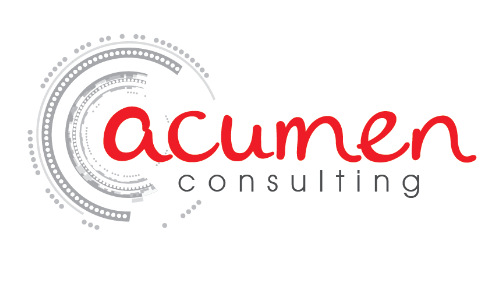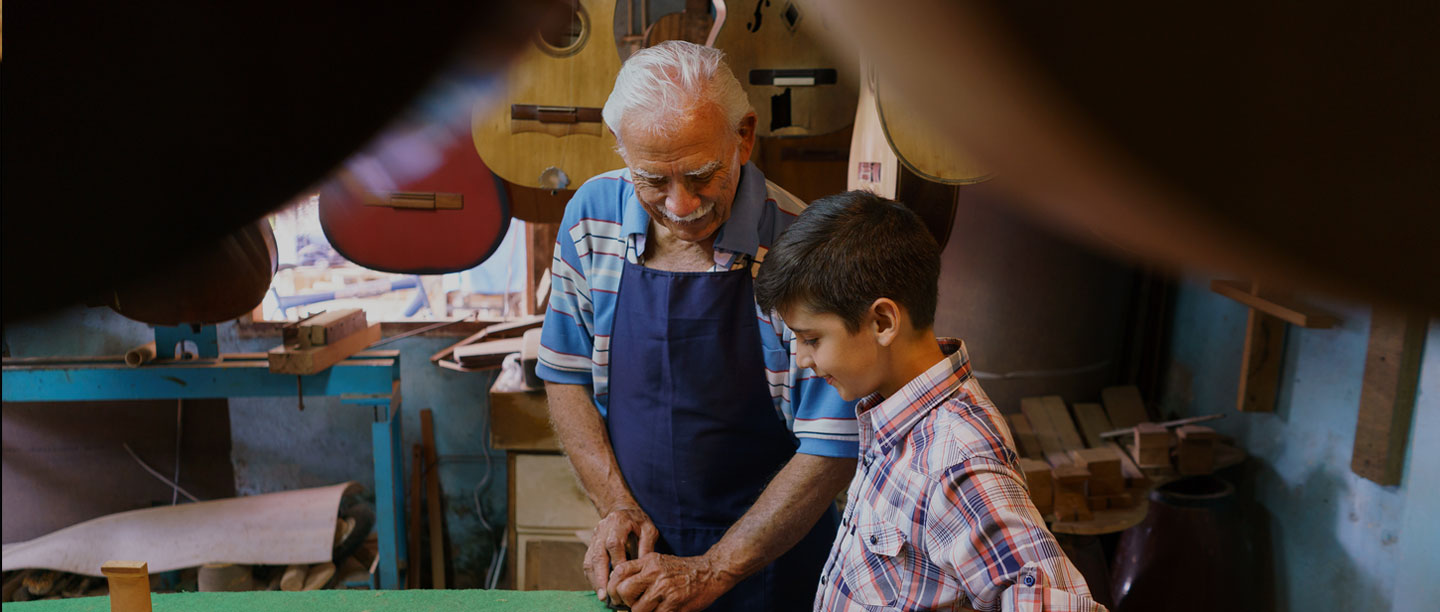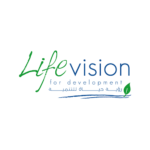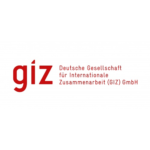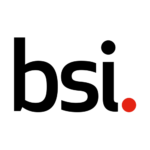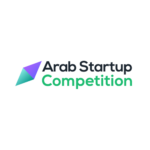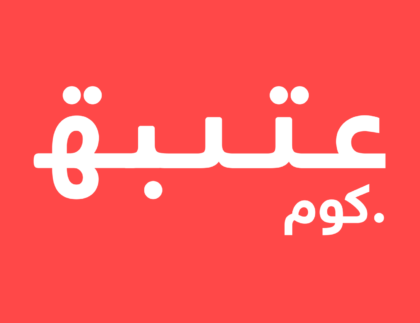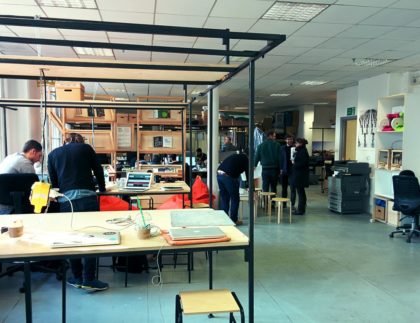We bring the right people together to challenge established thinking and drive transformation.
Downlaod our corporate profile now
SERVICES
Are you looking for professional advice for your business or your industry?
Acumen in numbers
With enough data, the numbers speak for themselves.
87+
Successfully completed projects
564+
Entrepreneurs Trained
100%
Partner and client Engagement
25%
Repeat Rate of Business
Testimonials
Read client consulting reviews for our company.
“A devoted enthusiastic business development team with a real passion for empowering people and making a real change in our society. A genuine support to our programs at Life Vision.”
— Mona Wissa, Director at Life Vision for Development
“Our study benefitted greatly from Inji Amr’s engagement, her sound knowledge of the Egyptian economy, as well as her open & professional communication. We would like to thank Inji & her team for the valuable inputs and great spirit of cooperation.”
— Stefanie Reiher, Head of Innovation Policy Advisory at GIZ
"Acumen’s engagement philosophy represented in the team’s responsiveness, adaptive capacity, and the understanding that there’s never a one-size fits-all solution is a breath of fresh air."
— Adel Nabhan, Project Manager, BSI International Projects.
“I have a feeling that the relationship between our company and Acumen Consulting will be a long term one.”
— Mahmoud El Hazek, Managing Director at Egyptian Union for Constructions
“Acumen’s session at RiseUp 2016 ignited my passion for learning about business management”
— Ahmed Azzam, finalist at MIT Arab Startup Competition
MEET OUR CLIENTS
Consulting Scope
We work for a wide variety of clients in both the private and public sectors.

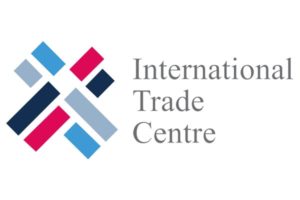
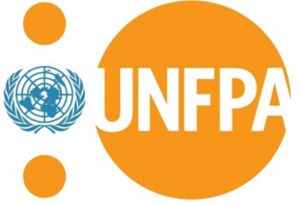
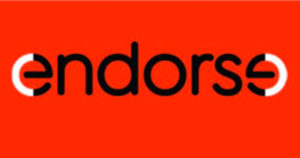
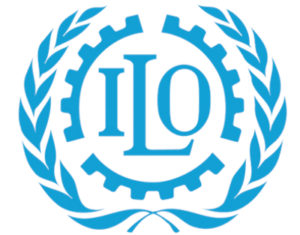
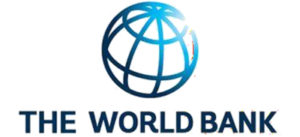
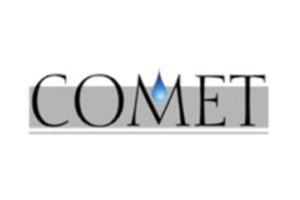
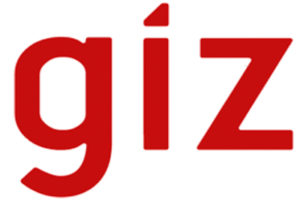
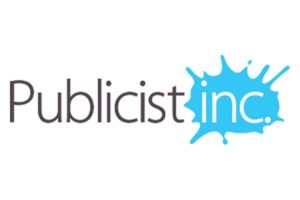
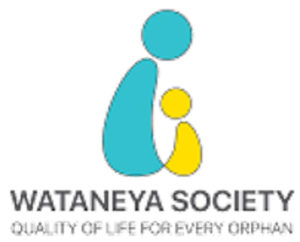

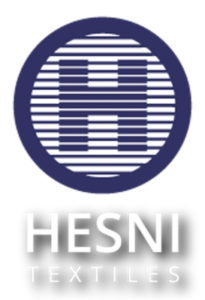
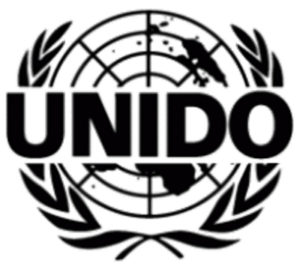
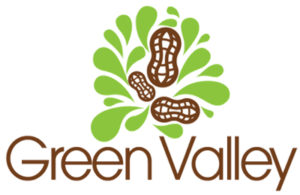
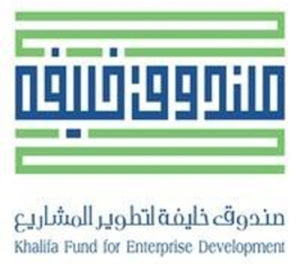
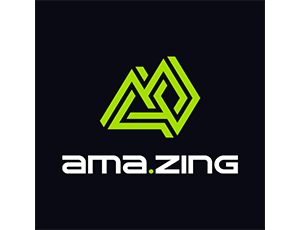
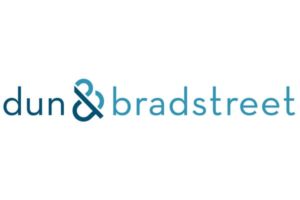
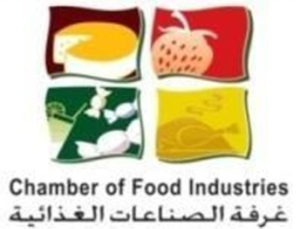
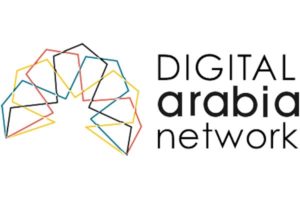
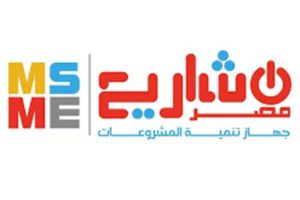

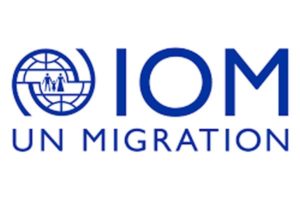
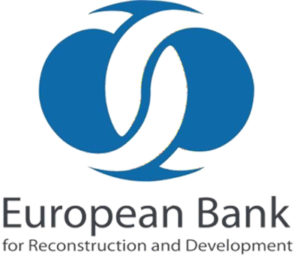
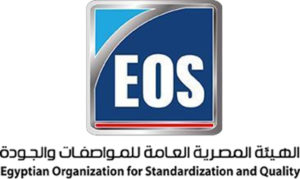
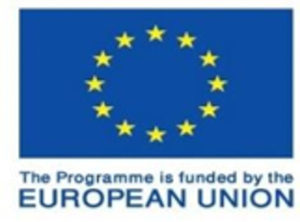
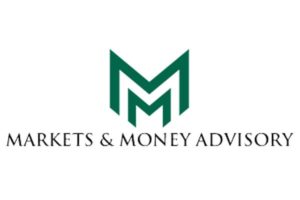
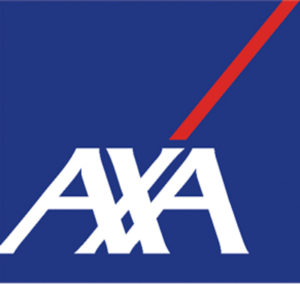

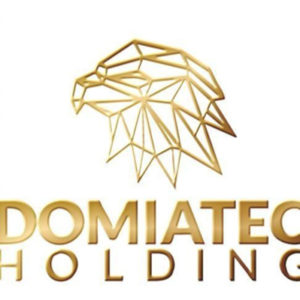
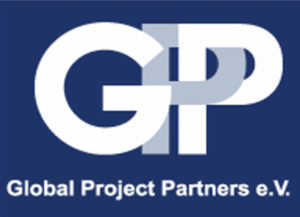

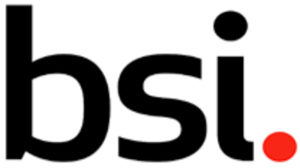
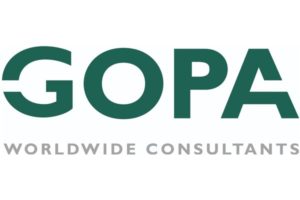
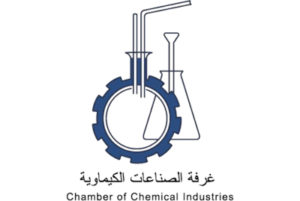
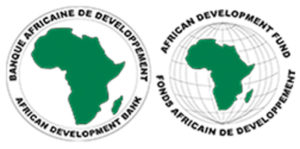
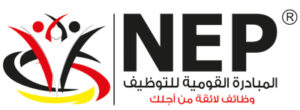
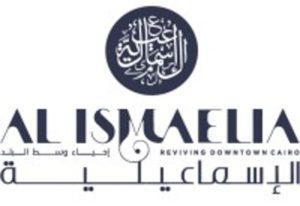
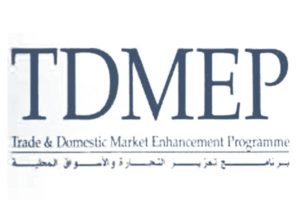
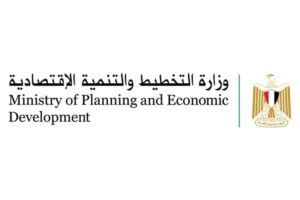
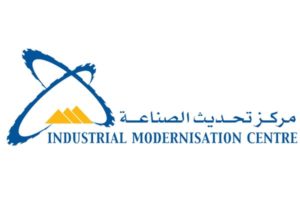
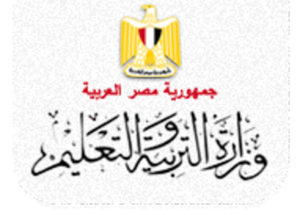
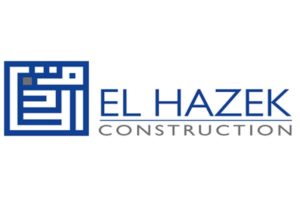
Training Scope

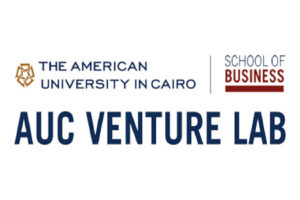
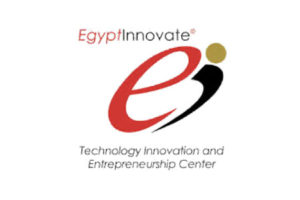
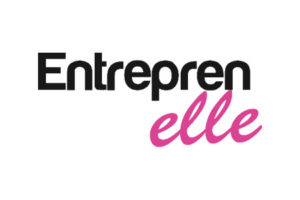
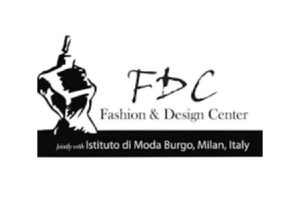
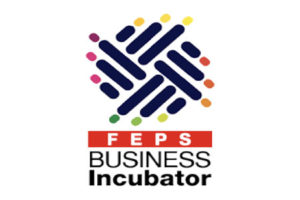
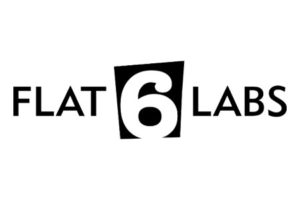
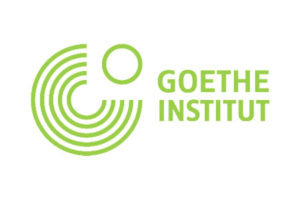
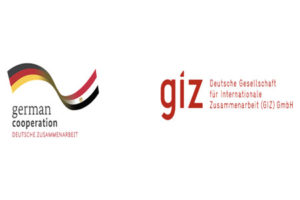
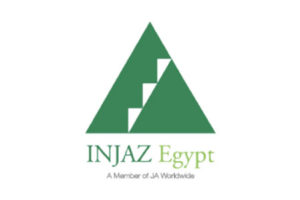
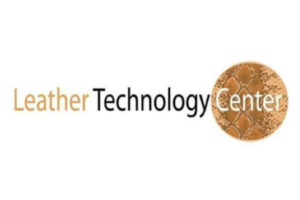
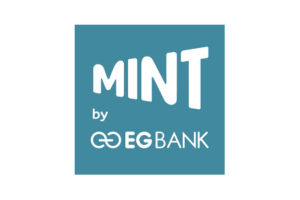
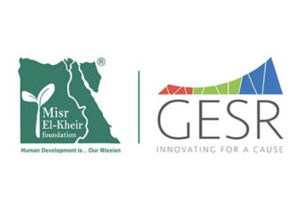

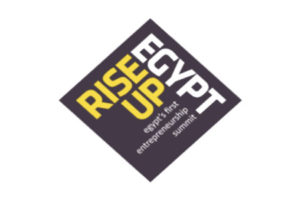
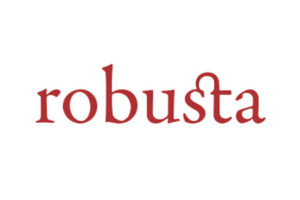
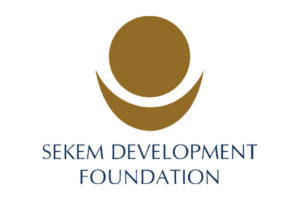
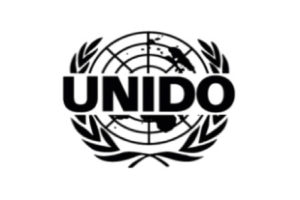
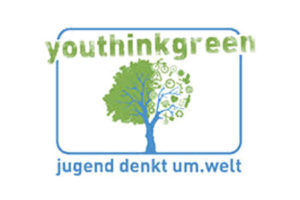
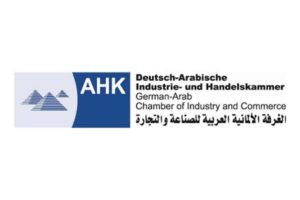
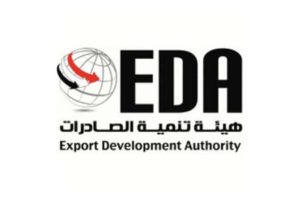
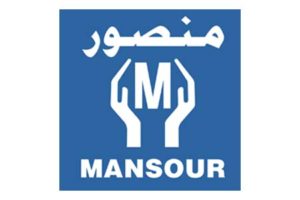
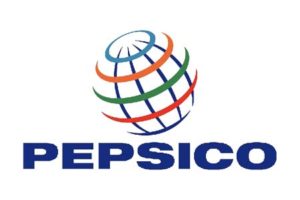
Looking for more?
CASE STUDIES
Acumen was contracted for the economic research, analysis and development of an economic outlook chapter on Egypt for 2015 and 2016
Acumen was engaged by the UK's national standards body to support in the development of a blueprint.
Acumen worked with a Geneva Trade Mission in order to assess the current status of the
Egyptian authority tasked with export development.
Acumen delivered an updated context analysis reviewing an international development agency strategy in Egypt with regard to the economic outlook, political situation, and gender issues.
Acumen consulting management worked closely with a team from Germany for the undertaking of a detailed sector study of the Egyptian economy with a viewpoint of bolstering employment across promising sectors.
Acumen was tasked to work on a second strategy involving the development of the Egyptian processed foods sector.
Acumen developed a strategy
aimed at improving the processed food sector to enhance export volumes.
Acumen worked on developing a better understanding of the “young professionals” demographic for a real estate company looking to launch a new concept.
Acumen worked closely with a team of international consultants in order to hold a series of workshops to introduce the notion of CRM and process mapping to Egypt's main entity tasked with supporting MSMEs
Acumen worked with a leading innovator's platform to produce research on the impact of technological advancements on different sectors.
Insights
Read our views on the things that matter
Explore the key figures and trends impacting one of Egypt's biggest sectors in 2018.
“It is time to get off the path of suicidal emissions” was the UN Secretary...
San Francisco resident and plastic surgeon Dr. Stanley Jacobs has always had a penchant for...
Atabaa is a startup that Acumen’s team had the pleasure to mentor. So, we decided...
The following info-graph was put together based on insights from Acumen Consulting's annual "Why Egyptians Quit" survey, showcasing the top reasons causing Egyptian professionals to leave their jobs. It turns out that the biggest factor driving people away in 2016 was no growth potential, followed by a bad boss.
If you or anyone you know has a great business idea and are confused about what to do with it, this is the right info-graph for you! The following info-graph showcases the different support programs available to start-ups out there, with different programs addressing different needs.
Drop us a Line
You may contact us by filling in this form any time you need professional support.
Careers
Join Acumen and help play a role in reshaping the consulting landscape in Egypt.
